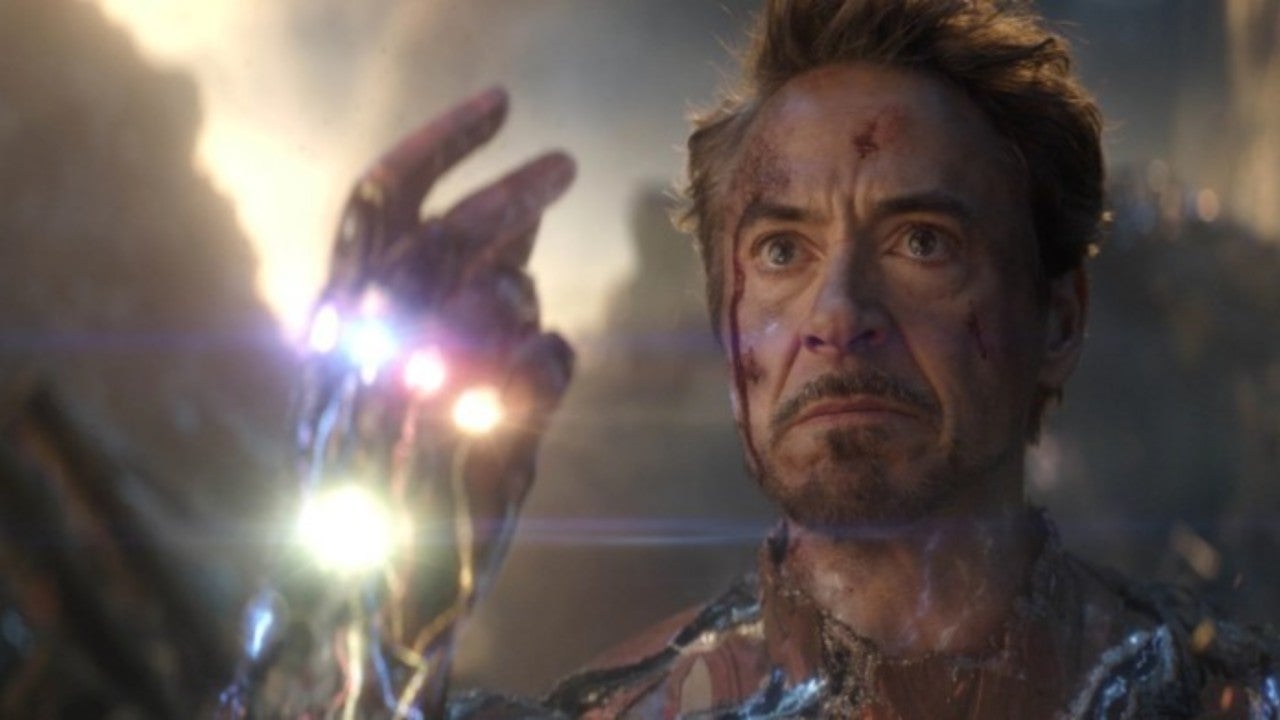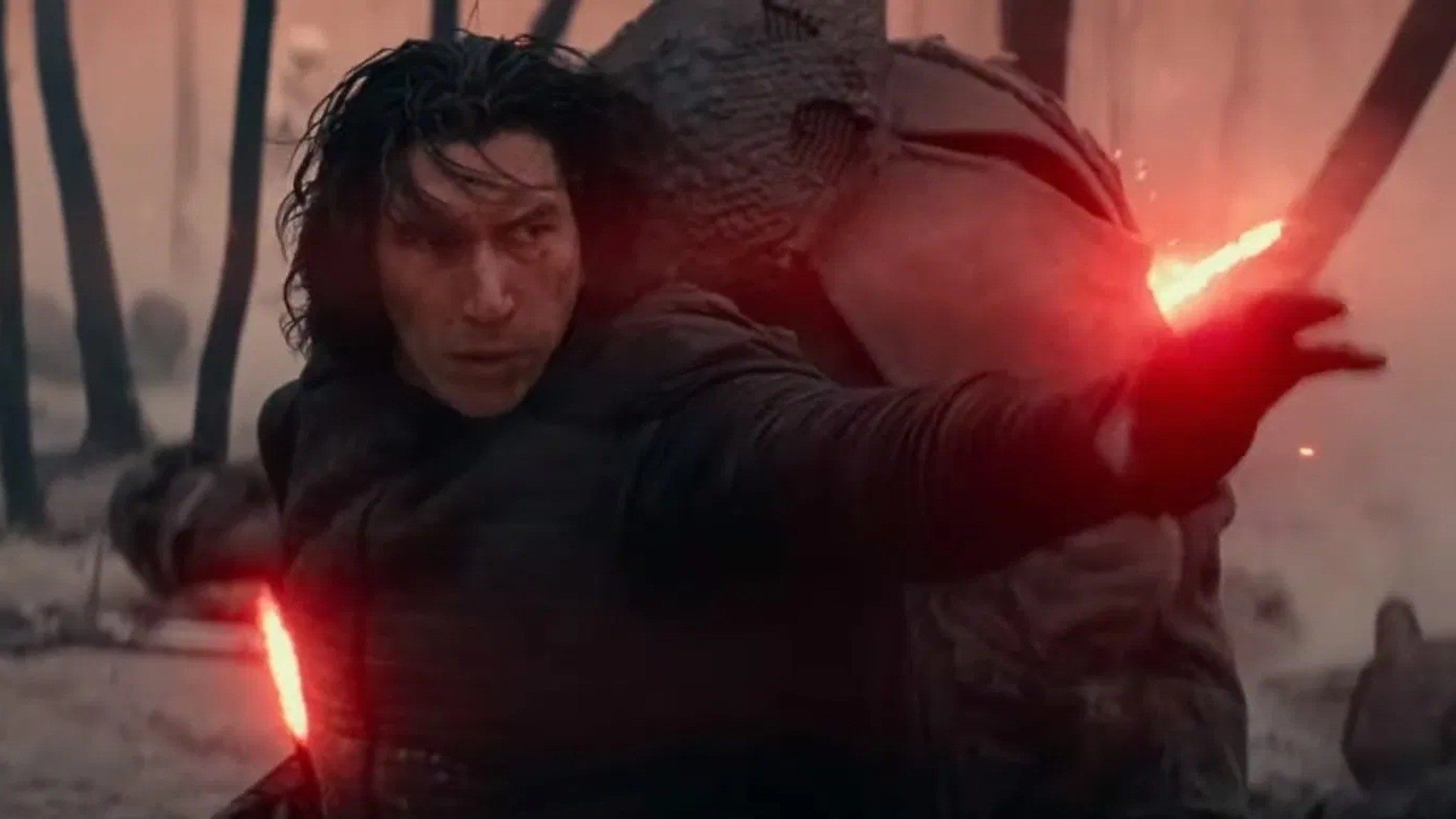How Avengers: Endgame perfected the finale where Star Wars and Games of Thrones stumbled
Warning: this article contains spoilers for Avengers: Endgame, Star Wars: The Rise of Skywalker, and Games of thrones season 8

The last year has been filled to the brim with endings. Games of Thrones, the Skywalker saga, The Good Place, Bojack Horseman – each story concluded within the past 12 months, bringing an end to some of pop culture’s biggest phenomenons. However, none have been as successful or impressive as Avengers: Endgame, the culmination of 21 Marvel movies and over 10 years of storytelling. How did producer Kevin Feige pull off such a phenomenal feat where others failed? Well, the answer, from the outside, appears to be simple: faith in the plan.
Cast your mind back to 2012. Excitement among the comic-book fandom was high as the Avengers were finally coming to the big screen: five superhero movies brought together in a crossover unlike anything seen before. At the end of the movie, a small tag: Thanos smiling after Loki’s defeat. From that moment, we knew there was a bigger threat out there – one looking to dominate the universe, and with a particular interest in Earth.
Why, though, would Thanos want to come to Earth, of all the planets in all the galaxy? The seed of that explanation had already been planted – in Captain America: The First Avenger, when the Tesseract made an appearance. There was no confirmation at the time that the mysterious blue cube was an Infinity Stone – the McGuffins of the MCU – but those working behind the scenes were making sure all the pieces were in place for a payoff later down the line.
Stories naturally change as they go through development and other creatives come on board. However, thanks to Feige’s oversight, the MCU remained on track to tell one overarching story through three phases. And, yes, there are more Marvel movies to come, but Endgame was the end for so many of our beloved characters – Iron Man, Captain America, and Black Widow – that, even if the movie had bombed and there were no more Marvel movies, we would feel sated.
What happened in Westeros...

Now, compare that feeling to how Game of Thrones concluded. The HBO series has been lambasted by its fanbase, and fairly so. Season 8 was a fantastic spectacle, sure, but the story itself fell flat as the Night King – the seemingly big bad of the entire show – was dismissed with, leaving three episodes to deal with the fallout. Cersei was the next villain, but then she perished during the battle of King’s Landing. And then, almost out of nowhere, Daenerys was the final villain.
We knew the Mother of Dragons was suffering after the death of her two children and best friend, Missandei. We knew the Targaryen name was linked to madness and that Dany was prone to bursts of violence. But the series had established Daenerys as a “chosen one” figure with very little hinting otherwise. When she turned evil, the whole thing felt like an unfortunate bait-and-switch – where the showrunners had been hiding this twist from us the entire time in an attempt to misdirect theorisers.
Of course, George R.R. Martin had delivered the showrunners a plan, a loose structure of where his A Song of Ice and Fire novels were heading. All David Benioff and D. B. Weiss had to do was fill in the blanks between each of Martin’s story beats. Unfortunately, though, the masterplan failed due to the showrunners attempting to be so immensely subversive – they tried so hard to lure us into believing Dany was a hero, that when the rug was finally pulled from underneath us, the result was too hard to swallow. Worst of all, Games of Thrones’ legacy has been somewhat tarnished by the ending, despite the former seven seasons being borderline perfect television.
Bringing all the latest movie news, features, and reviews to your inbox
The Avengers series, on the other hand, had not been hiding its twists. Infinity War saw Thanos snap half the universe away, but the purple giant was on a natural path to victory. When Endgame came along, the writers didn’t try to make a bigger villain than Thanos and they didn’t try and turn any characters against their natural story arcs. Iron Man stayed Iron Man – a billionaire superhero afflicted with PTSD but still willing to make the ultimate sacrifice. There was no fooling with the audience for awkward misdirection. The Russo Brothers stuck to their guns.
In a galaxy far, far away...

Now, let’s look at another finale. Star Wars: The Rise of Skywalker was meant to be the culmination of over 40 years storytelling in a galaxy far, far away. And while Episode IX, for my money, is an enjoyable blockbuster, the final instalment in the Skywalker saga has been widely criticised by the larger fanbase. Many have, quite rightly, pointed to the lack of planning.
Whether subconsciously or not, Star Wars: The Rise of Skywalker does a lot to subvert The Last Jedi. Rey, the protagonist, is not a “nobody” but the granddaughter of the galaxy’s biggest villain. However, where Dany turned evil in Game of Thrones, Rey remains on the side of good. There’s another character who instead flip flops between sides in a way reminiscent of Khaleesi: Ben Solo/Kylo Ren.
Kylo’s natural path verges on outright villainry. After murdering Snoke, Adam Driver’s character seemed set on being the sequel trilogy’s big bad. Indicative of this is Colin Trevorrow’s leaked Episode IX script, titled Duel of Fates, which would have seen Kylo as the final villain for Rey to face and not Palpatine. Indeed, Palpatine’s re-introduction into the series seems entirely in service of turning Kylo Ren back to the light (I’ve written extensively about this already here).
Not only does Trevorrow’s script showcase the drastic changes Kylo's storyline went through, but also how LucasFilm hadn’t come up with a firm plan before they started the sequel trilogy (of, if they did, that the plan changed). Each filmmaker – J.J. Abrams to Rian Johnson to Trevorrow – had their own vision, and when Abrams came back for Episode IX (seemingly because Tervorrow’s direction for the story was disliked) it was hard not to wish that the filmmaker had been in charge of all three movies, despite how excellent The Last Jedi is. At least then there would have been a plan.
To be clear, I don’t want to be too hard on Game of Thrones or Star Wars. I’ve just picked out a few aspects that have been controversial and why that's the case. It also helps highlight just how miraculous Avengers: Endgame is. Because, when you consider how many cooks these series have, that Endgame managed to pull off such a tightly controlled ending to a story 10 years in the making – a story that had seen over a dozen directors get involved – is nothing short of miraculous. Let’s hope, as the MCU marches on, Feige will continue to hold each movie to these impeccably high standards.
- How to watch the Marvel movies in order
- The 25 best superhero movies, ranked
- All the new Marvel TV shows coming soon
- All the new superhero movies coming soon
- Every movie delayed by coronavirus

Jack Shepherd is the former Senior Entertainment Editor of GamesRadar. Jack used to work at The Independent as a general culture writer before specializing in TV and film for the likes of GR+, Total Film, SFX, and others. You can now find Jack working as a freelance journalist and editor.


